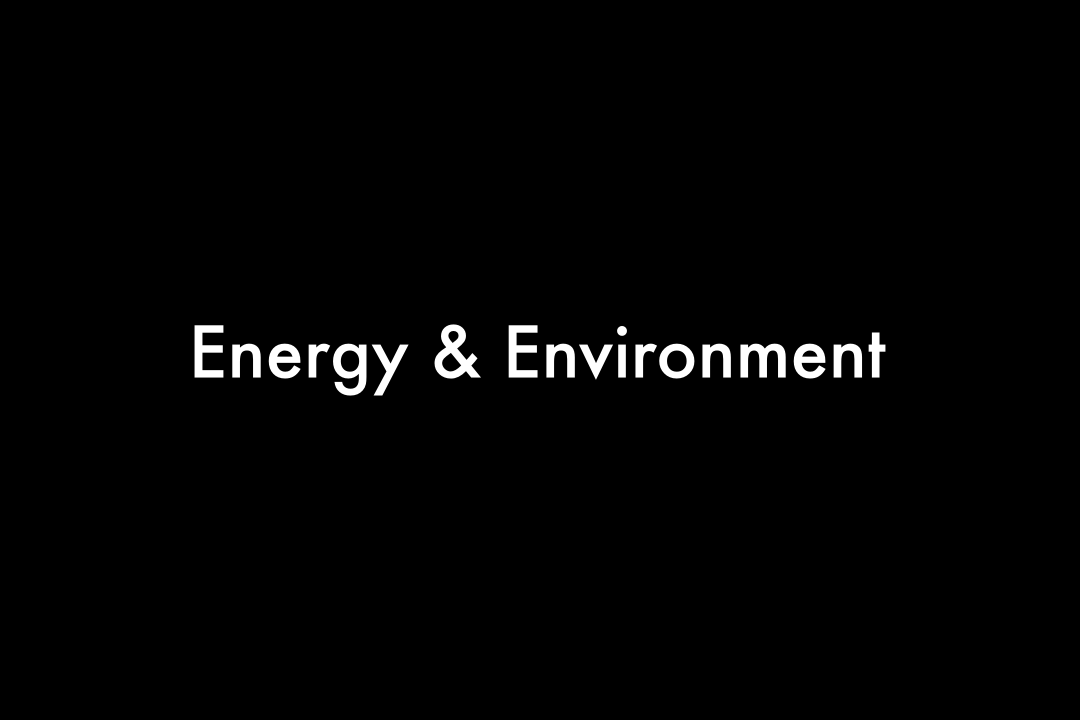
Study "Determination of Fuel Quality Control Method in Indonesia" is conducted to find out the proper monitoring method to be applied in Indonesia. Nowadays regarding determining test parameters, the number and location of supervision are still random. With the determination of the model of fuel control, the priority of test parameters and cost analysis of the test is expected in the future of fuel quality control can be more effective. This study is limited from the results of fuel quality control held in 2013-2015 for the type of Gasoline 88, Gasoline 92, Gasoline 95, Diesel Oil 48, and Diesel Oil 51. The result of the study shows that the proposed supervisory model in Indonesia is the model of fuel quality control. Then, the implementation is done without the third party and directly in cooperation with the Laboratory Institute (Lemigas). And also, the determination of parameters and the number of samples as well as the location of the retrieval based on the evaluation of the results of supervision fuel quality control of the previous year with the sampling point covering the fuel distribution chain, i.e. refinery, storage and gas station. Proposed priority test parameters: Gasoline 88: (1) Octane Number, (2) Distillation T-50, (3) RVP; Gasoline 91: (1) RVP, (2) Distillation T-90, (3) Octane Number; Gasoline 95: (1) RVP, (2) Final Boiling Point, (3) Octane Number; Solar 48: (1) FAME, (2) Flash Point, (3) Cetane Number; Solar 51: (1) Sulfur Content, (2) Distillation T-90, (3) Cetane Number. The sampling is held in 46 selected cities with the number of samples is 1242 samples and total costs of IDR2,940,718,000 and save by 42%.
